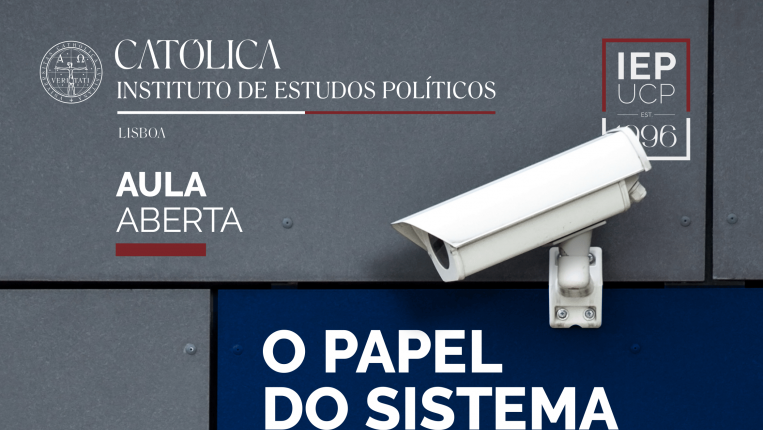When we describe figures like Pericles, Lincoln, Gandhi, or Churchill as “great leaders” or “true statesmen”— wise and effective political actors — what does this really mean? What are the traits of character essential to genuine leadership and statesmanship? What is political wisdom? What does a wise leader know, and how does he or she deliberate and make practical choices, so as to allow his or her community to flourish? Does a great leader ignore the demands of morality and justice (perhaps secretly or deceptively) for the sake of social stability? And what is the difference between a truly wise leader, and a mere demagogue, or a clever tyrant, who happens to wield power effectively for his or her own purposes?
Questions about the nature and value of genuine leadership and wisdom in social life have been part of Western philosophy at least since Plato's Republic. In this seminar, we will examine the writings of several great figures in the history of Western philosophy and politics in search of lessons they may offer us for understanding true leadership and wise decision-making today, in the twenty first century. We will also study speeches and writings of two great leaders — Abraham Lincoln and Winston Churchill — and consider an important challenge from economics concerning the efficacy and desirability of centralized leadership as such.
Wisdom and Leadership: Lessons from Classical Philosophy
3 ECTS / Semester / English




